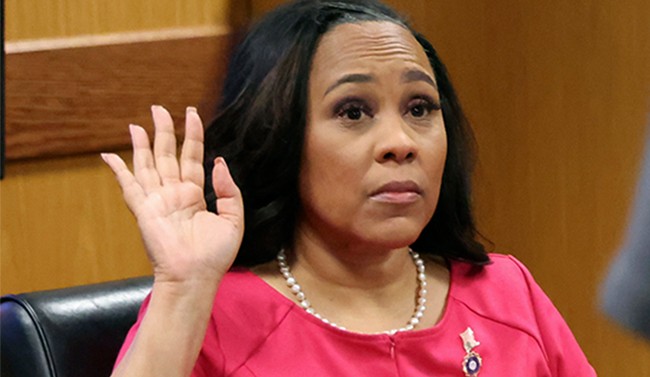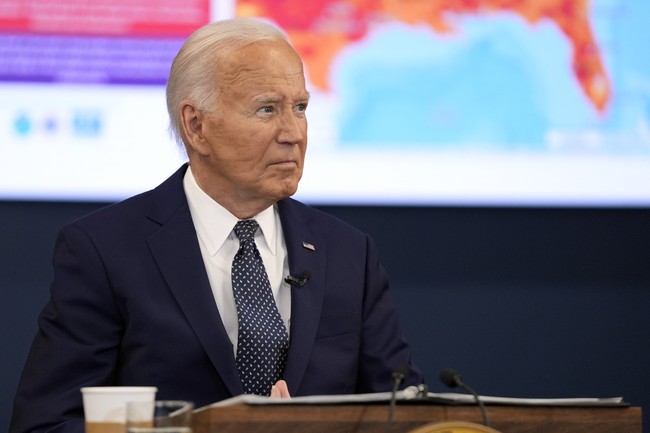Bayrou's Leadership: Facing France's Tough Political Climate
François Bayrou steps into a challenging role as France's new prime minister. As political instability looms, his task to navigate budgetary issues sparks debates across the political spectrum.
Published December 16, 2024 - 00:12am

Image recovered from sudouest.fr
François Bayrou has been appointed as France's new prime minister in a political climate defined by instability and division. Taking over from Michel Barnier, Bayrou faces the daunting task of steering the French government towards stability while addressing pressing fiscal challenges. In his initial days as prime minister, Bayrou will engage in strategic consultations with key political figures, including the president of the National Assembly, Yaël Braun-Pivet, and the president of the Senate, Gérard Larcher. These meetings are expected to set the groundwork for forming a compact government dominated by experienced personalities.
The new prime minister has taken a conciliatory approach, endeavoring to maintain dialogue with parties across the political spectrum, from the left-wing to the far-right. Despite his reputation as a centrist, Bayrou is expected to face scrutiny from both sides of the aisle. The New Popular Front has already vowed not to participate in the government and promises to critique Bayrou's leadership.
The looming 2025 budget is anticipated to be one of Bayrou's biggest hurdles. The previous government's failure to pass the budget resulted in its fall, highlighting the challenge of navigating a fractured parliament. President Emmanuel Macron, an ardent reformist, has shown consistent support for Bayrou, viewing him as a stabilizing force amid political turbulence. Yet, skepticism persists among socialists who claim Bayrou's appointment represents continuity rather than change.
Bayrou emphasized the nation's rising debt as a critical issue, framing it as both a financial and moral dilemma. His concerns echo those of his predecessor, Barnier, who faced considerable opposition to his economic measures, such as proposed tax increases on corporations. These fiscal challenges are compounded by broader political dynamics, with far-right figures like Marine Le Pen pressing for policies such as indexing pensions to inflation, revealing the stark divides within the assembly.
Moody's downgrade of France's credit rating underscores the pressing need for fiscal reforms, an urgent task from which Bayrou cannot shy away. Despite such economic pressures, Bayrou has expressed his intent to prioritize a reconciliatory approach in his political strategies. This approach is evident in his engagements with trade unions and other influential interest groups, which have historically been contentious stakeholders in French politics.
The broader political landscape in France adds further complexity to Bayrou's reign. The recent parliamentary elections have resulted in a highly fragmented parliament, necessitating cross-party cooperation to ensure government functionality. While some factions hint at supporting Bayrou for the sake of emergency funding legislation, the long-term picture remains uncertain. Opposition groups, particularly the left-wing, have threatened to initiate a no-confidence motion if Bayrou resorts to special constitutional powers to enforce the budget.
Bayrou's ability to maneuver through this contentious political environment will determine both his government's success and the stability of Macron's agenda. The stakes are high, with the far-right gaining unprecedented popularity, as recent opinion polls suggest leader Marine Le Pen could be a formidable contender in the next presidential race. These developments demand careful navigation of fiscal consolidation and political strategy.
To address these challenges, Bayrou is expected to streamline government operations, prioritize pragmatic policies that can gain cross-party support, and maintain communications with various political blocs. He has set an ambitious target of reducing the budget deficit while navigating complex negotiations to sustain political alliances. As France anticipates potential economic reforms and political recalibration under Bayrou's leadership, much will depend on his adaptability in an evolving political landscape.







